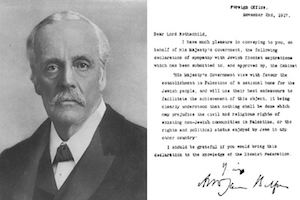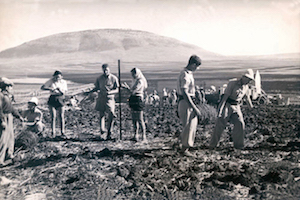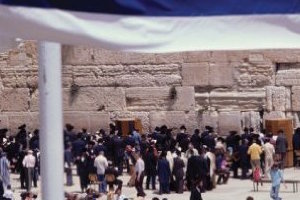Return to Zion Book Review by Kirkus
By Kirkus Reviews
A history of the Jewish founding of Israel told through eyewitness accounts of both Arabs and Jews.

By beginning with the ancient story of the defense of Masada against the Roman onslaught in 66 C.E., U.S. Department of Defense intelligence analyst Gartman signals an emphasis on Israel’s ongoing vulnerability to attack by hostile outside forces.
The idealism of the first migrants to Zion—those on the margins of Russian society, the Pale of Settlement, who were fleeing the pogroms of the 1880s—was tempered by the reality of the situation in Palestine: poor land for farming, Bedouin raids, malaria, dysentery, typhus, and back-breaking labor by shtetl Jews who had never done such manual labor. Theodor Herzl’s Zionist movement (aided by more pogroms) prompted waves of Jewish immigration that upset the entrenched Arab population, who believed the land belonged to them.

Arthur Balfour
Gartman traces how the delicate balance of power began to shift toward the Jews, especially with the British Balfour Declaration of 1917. The author employs extended extracts from documents by contemporary observers—e.g., an account by Khalil al-Sakakini, “one of the Arabs’ leading intellectuals,” of the riots that broke out between the Arabs and Jews in Jerusalem on April 4, 1920, and an early chronicle by Jewish leader David Ben-Gurion, who insisted that the Jews “were neither desirous nor capable of building our future in Palestine at the expense of the Arabs.” The ramifications of the Holocaust and Arab intransigence deepened the chasm between the two Palestinian neighbors, which, despite war upon war (delineated chapter by chapter), has not yet been settled.
While Gartman does not bring new material to this work, he offers a tidy, compelling presentation and comprehensive documentation for a solid study.
Republished with permission.









